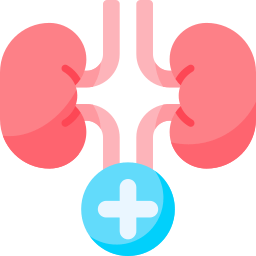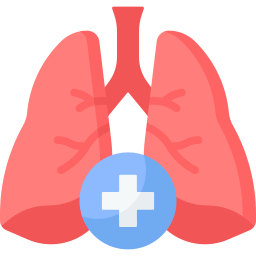Critical Care
Overview
Charnock Hospital offers comprehensive critical care services 24/7, led by a dedicated team of experienced intensivists and nurses. We prioritize patient-centered care, collaborating closely with specialists and families to tailor treatment plans. Our approach is rooted in evidence-based medicine and international protocols, ensuring optimal outcomes and minimal hospital stays. Rigorous infection control measures are implemented to prevent healthcare-associated infections, enhancing patient safety and recovery.
Department Highlights

Comprehensive Critical Care
Round-the-clock intensive care led by experienced intensivists and dedicated nursing staff.

Patient-Centered Approach
Customized treatment plans in collaboration with specialists and families.

Evidence-Based Practices
Follow international protocols like ‘FASTHUG’ for better outcomes and reduced hospital stays.

Monitoring and Benchmarking
Use of tools such as ‘APACHE’ scoring and SMR to benchmark against global standards.

Infection Control
Stringent protocols to prevent healthcare-associated infections (HCAIs) like VAP, CRBSI, and CAUTI.

Family Involvement in Care
Engaging families through regular briefings and collaborative decision-making.
Why We’re the Best Choice?
Expert Critical Care Team
Our ICU features a team of intensivists, consultants, and paramedical staff for round-the-clock expert care.
State-of-the-Art Facilities
With 7 ICUs meeting global standards, including isolation rooms and advanced equipment like Maquette ventilators and Philips monitors, we ensure optimal care with high staff ratios.
Comprehensive Critical Care Services
Offering continuous monitoring, life support for multi-organ failure, post-operative care for transplant patients, and specialized procedures such as dialysis and bronchoscopies, supported by a multidisciplinary approach and retrieval services.
Testimonials
FAQ
Who requires treatment in an ICU?
ICU (Intensive Care Unit) treatment is necessary for patients with severe illnesses or injuries that require close monitoring, advanced life support, or intensive medical interventions that cannot be provided in a general hospital ward.
Which medical conditions are typically treated in the ICU?
ICUs treat a wide range of critical conditions including severe infections, respiratory failure, cardiac emergencies, neurological crises, trauma injuries, and post-operative complications requiring intensive monitoring and treatment.
Is it common to experience cognitive difficulties after ICU hospitalization?
It’s not unusual for patients to experience cognitive challenges such as confusion, memory problems, or difficulty concentrating after ICU discharge. This condition, known as post-intensive care syndrome (PICS), can improve with time and rehabilitation.
What types of medical interventions occur in the ICU?
In the ICU, patients receive continuous monitoring of vital signs, management of life support equipment such as ventilators, administration of intravenous medications, specialized procedures like dialysis or tracheostomy, and close management by a multidisciplinary team of healthcare professionals.
What distinguishes critical care from emergency medicine?
Critical care focuses on the ongoing management of patients with life-threatening conditions requiring intensive monitoring and treatment. Emergency medicine, on the other hand, deals with initial stabilization and management of acute conditions when patients first present to the hospital.
Is it normal to feel depressed after being discharged from the ICU?
Yes, many patients experience emotional challenges including depression, anxiety, or post-traumatic stress disorder (PTSD) after leaving the ICU. These feelings can be a result of the trauma of critical illness, prolonged hospitalization, or separation from loved ones. Seeking support from healthcare professionals and loved ones is crucial for recovery.










